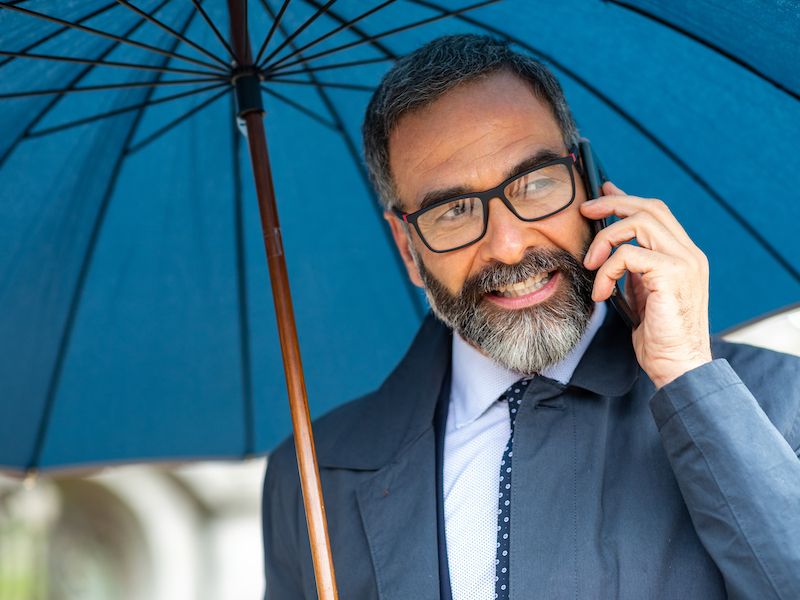John’s been experiencing difficulty hearing at work. But he thinks it’s probably everyone else mumbling. He feels that you have to be old to wear hearing aids, so he hasn’t scheduled a hearing test and has been steering clear of a hearing test. But in the meantime, he’s been doing considerable damage to his ears by turning up the volume on his earbuds. So, unfortunately, his denial has prevented him from getting help.
But John’s perspective is older than he believes. Loss of hearing doesn’t have the stigma that it used to. Specifically, with younger people, it’s far less pronounced, even though you might still see it to some extent in some groups. (Isn’t that ironic?)
What Are The Problems With Hearing Loss Stigma?
The social and cultural connections with hearing loss can be, to put it simply, false and not beneficial. Loss of vitality and aging are oftentimes associated with hearing loss. The worry is that you’ll lose some social standing if you admit you have loss of hearing. Some might think that hearing aids make you look old or not as “with it”.
This problem might be thought of as irrelevant and not connected to reality. But for people who are attempting to deal with loss of hearing there are some very real repercussions. Some examples include:
- Obstacles in your job (perhaps you missed an important sentence in a business meeting).
- Avoiding hearing loss management (resulting in less than ideal results or needless struggling).
- Relationship problems (Your not just tuning people ot, you just can’t hear them very well).
- Difficulty finding employment (it’s unfortunate, but some people may buy into the stigmas around hearing loss even if it’s not entirely legal).
This list could continue for quite some time, but at this point you probably get the idea.
Fortunately, changes are happening, and It seems as if the stigma of hearing loss is truly going away.
The Demise of Hearing Loss Stigma
This decline in hearing loss stigma is taking place for a number of reasons. Our relationship with technology in addition to demographic changes in our population have started to change how we feel about devices like hearing aids.
More Younger Adults Are Suffering From Loss of Hearing
Younger adults are dealing with loss of hearing more frequently and that could certainly be the number one reason for the decline in the stigma associated with it.
Most statistical studies report the number of individuals with hearing loss in the U.S. around 34 million, which translates into 1 in 10 people. There are too many factors that cause this for us to entering into here (noise from many sources seems to be the largest problem), but the point is that loss of hearing is more common now than it ever has been before.
There’s more discussion and understanding about loss of hearing as it becomes more common.
We’ve Become More Familiar With Technology
Perhaps you were worried that your first pair of hearing aids would cause you to look old so you resisted wearing them. But nowadays hearing aids almost blend in completely. No one notices them. In many cases, newer hearing aids are small and subtle.
But hearing aids also commonly go unnoticed because these days, everyones ears seem to have something in them. Technology itself is simply so pervasive (and individual) that no one even pays attention when you’ve got a tiny piece of practical technology yourself.
A Change in Thinking Long Overdue
There are other factors for why hearing loss has an improved image these days. Recently, loss of hearing has been portrayed with more accuracy (and more humanity) in popular culture, and a few notable celebrities have come out with their own hearing loss truths.
There will continue to be less stigma concerning hearing loss the more we observe it in the world. Now, of course, we want to stop hearing loss in every way that we can. If we could find a way to counter trends in youth hearing loss as we challenge hearing loss stigma that would be optimal.
But more people will come around to seeing a hearing professional as this stigma fades away. This can help improve general hearing health and keep everybody hearing better longer.

